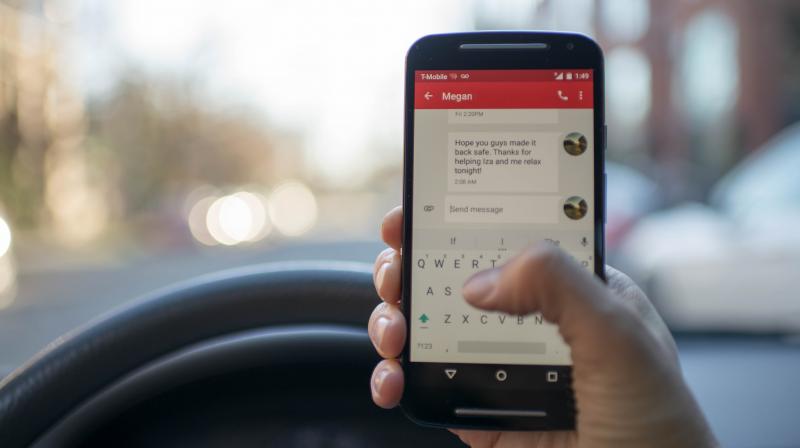How chatbots are transforming the online travel space
Bots are able to capture valuable customer insights, helping them deliver a more personalised customer experience.

To those following latest news and developments in the technology world, it is abundantly clear that Artificial Intelligence (AI) is fast transforming human interactions as well as business processes across industries and around the world. On one hand, automakers like Tesla are building AI that matches the driving abilities of humans, on the other, an increasing number of consumer-facing companies are automating every possible aspect of their business with AI and Machine Learning technologies.
Dhruv Raj Gupta, CEO and Co-founder of Tripshelf, feels that the travel and hospitality industry is also enthusiastically embracing AI, largely for the latter’s capacity to perform conventional human functions faster and more efficiently. Using AI can often result in seamless and friction-less experiences for the end-users and huge cost savings for business owners, like us.
According to a recent report by Google India and BCG, travel consumers spend an average of 49 minutes spread over 46 days, visiting as many as 17 different online sites to plan, research and make a booking. Clearly, the travel consumer who is most likely a holiday seeker is wasting a lot of time gathering information from a variety of sources and processing it. This information covers multiple aspects of the travel, from destinations and travel options to duration and pricing. A chatbot powered by AI can make this whole process simpler and efficient to the point where a customer can complete all her research and book a dream holiday in a matter of minutes.
Several leading travel portals across the world, including the likes of Kayak and Skyscanner, have launched their own chatbots. Skyscanner’s Facebook Messenger bot, for example, helps travellers search and book flights in less time than it takes to complete the booking on their website. Kayak rolled out a bot that allows users to simply search for flights by entering travel destinations and dates. Consumers love the experience of chatbots and companies benefit from lower operating costs- it is after all a bot chatting with the customer! In a survey by LivePerson, covering 5,000 consumers from six countries, only 19 percent of participants rated a negative perception of chatbots.
In the Indian market, the chatbots serve another important purpose. Travel for Indians often involves a high amount of emotional and financial investments. When they have real-time interaction with chatbots on a travel portal, customers often feel rewarded with just the right kind of real-time assistance – something they would have experienced while sitting across a human travel agent in her office. This simulation of an agent-customer interaction via a chatbot has actually helped Indian online travel portals build trust with their customers and in turn generate higher lead conversion and retention.
In fact, online travel marketplaces in India like TripShelf, ixigo and others have already invested in chatbots to provide this unique and differentiated consumer experience – which is a far cry from self-service mandated by conventional travel portals. TripShelf’s bot not only helps travellers with easy bookings, research and getting the best deal but even lets them choose their food menu- because the food is an integral part of a memorable trip.
The story doesn’t end with the simulated experience. As more travellers talk to chatbots for lodging, airfare and travel research, the bots, in turn, are able to capture valuable customer insights that can help them become even more intelligent and deliver a more personalized customer experience.
There is no doubt that with chatbot integration, the line between real and virtual interactions has blurred. As we go along though, the chatbots will become more human-like with an engaging personality and ability to provide comprehensive research and information within seconds; something that a human agent would have taken minutes if not hours. If this is not disruption, nothing else is.
